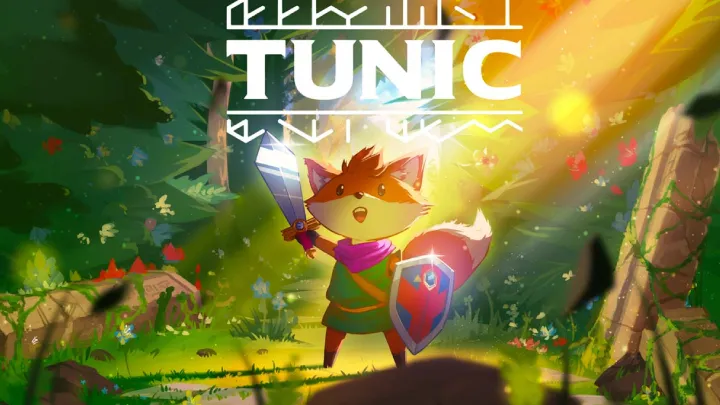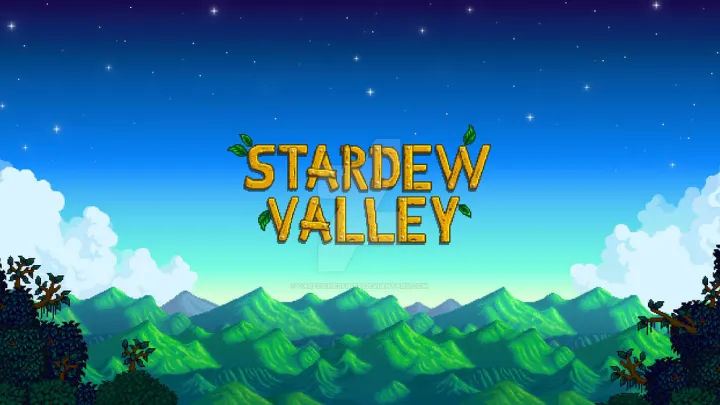For centuries, humanity has looked to the night sky in search of wonder, inspiration, and answers. Today, technology has made exploring the cosmos easier than ever. Thanks to powerful astronomy apps, stargazers, amateur astronomers, and science enthusiasts can access a universe of knowledge right from their smartphones or VR headsets.
In 2025, these apps go far beyond star maps. They integrate augmented reality (AR), artificial intelligence (AI), and real-time space data, turning night-sky exploration into an immersive experience. Whether you’re a casual dreamer gazing at constellations, a student learning astrophysics, or a dedicated amateur astronomer tracking satellites, the right app can transform your cosmic journey.
This article explores the Top 10 Space and Astronomy Apps in 2025, showcasing the tools that redefine how we interact with the stars.
1. StarVision AR: The Ultimate Stargazing Companion
StarVision AR has become a must-have for casual stargazers. Using augmented reality, the app overlays constellation names, planets, and star clusters directly onto the night sky when you point your phone upward.
Key Features
- Real-time constellation mapping
- Planet identification with AR labels
- Night mode with red-light filter for astronomy events
Why It Matters
StarVision AR makes astronomy accessible for beginners, turning the night sky into an interactive learning experience.
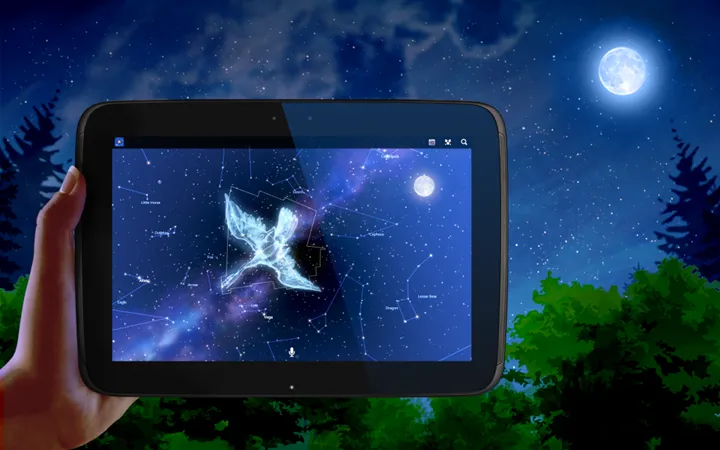
2. SkyPulse 2025: Real-Time Space Event Tracker
SkyPulse 2025 specializes in tracking celestial events like meteor showers, eclipses, and comet appearances.
Benefits for Stargazers
- Personalized notifications for upcoming events
- Integration with telescope mounts for auto-tracking
- Global community sharing live sky photos
SkyPulse transforms space-watching into a communal event, uniting stargazers worldwide through shared experiences.
3. CosmosLens: AI-Powered Deep Space Explorer
For those fascinated by galaxies and nebulae, CosmosLens offers AI-generated tours of the universe. Users can input a galaxy name or coordinates, and the app produces a 3D visualization with educational narration.
Features
- AI-guided tours of galaxies
- 3D renders of Hubble and James Webb telescope data
- AR cosmic zoom for immersive exploration
CosmosLens appeals to dreamers and science lovers who want to explore deep space beyond the naked eye.
4. AstroTrack Pro: Satellite and ISS Finder
AstroTrack Pro is perfect for those who love tracking satellites, the International Space Station (ISS), and even SpaceX Starlink constellations.
Highlights
- Real-time satellite tracking with orbital paths
- Alerts for ISS flyovers visible from your location
- Compatibility with backyard telescopes and binoculars
Why It Stands Out
AstroTrack Pro bridges the gap between amateur astronomy and aerospace technology, making space exploration more tangible.
5. MoonQuest: Lunar Exploration App
The Moon continues to fascinate humanity, and MoonQuest is dedicated to lunar discovery.
Features
- Detailed 3D lunar surface maps
- Historical Apollo landing site tours
- AI lunar observation guides for photographers
MoonQuest appeals to those who want to study the Moon in detail, from craters to landing sites, and prepare for lunar eclipses.
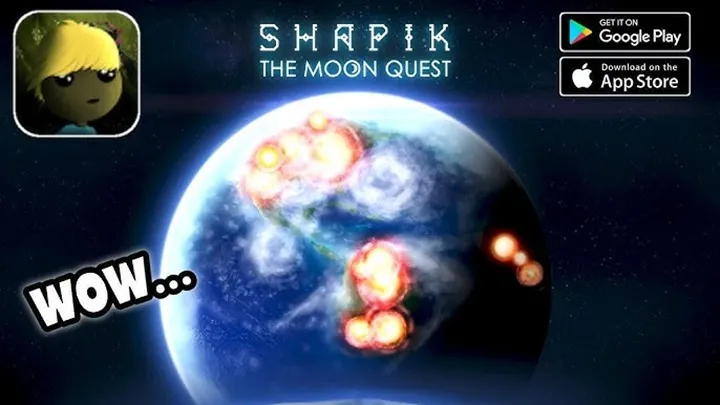
6. SolarScope 2025: Track the Sun in Real Time
Astronomy isn’t just about night skies—SolarScope 2025 brings solar science to your phone.
Features
- Live solar flare and sunspot monitoring
- Augmented reality solar system model
- Safe filters for solar photography
SolarScope helps enthusiasts understand the dynamic nature of the Sun, essential for both science and space weather tracking.
7. StarForge VR: Immersive Space Simulation
For dreamers who want to step beyond Earth, StarForge VR creates a virtual universe. Users can walk through galaxies, fly past planets, or simulate star formation in VR.
Why It’s Revolutionary
- VR-based exploration of the cosmos
- Educational mode for schools and planetariums
- Creative sandbox for building fictional universes
StarForge VR is where astronomy meets imagination, giving users a chance to inhabit cosmic environments.
8. AstroJournal: Personalized Space Logbook
AstroJournal is for serious amateur astronomers who like to keep detailed records of their observations.
Features
- Automated observation logs synced with telescope data
- AI recommendations for future sky events
- Custom charts and diagrams for reports
AstroJournal turns stargazing into a scientific habit, perfect for students and hobbyist astronomers.
9. PlanetARium+: Educational Cosmic Classroom
PlanetARium+ is designed for students, educators, and science lovers. It transforms complex astrophysics into interactive AR lessons.
Highlights
- Augmented reality lessons on planets and stars
- Gamified quizzes for learners
- Teacher-student collaborative mode
This app proves that astronomy is not only fascinating but also educational and engaging.
10. DeepSpace Connect: Linking Earth to the Stars
The final app on our list, DeepSpace Connect, combines stargazing with real-time NASA and ESA data feeds. Users can track missions, live rocket launches, and space research projects.
Features
- Live mission trackers (NASA Artemis, SpaceX launches, etc.)
- Integration with telescopes and VR headsets
- Community discussions on astronomy news
DeepSpace Connect merges science communication and real-time exploration, perfect for those who want to stay updated on space missions.
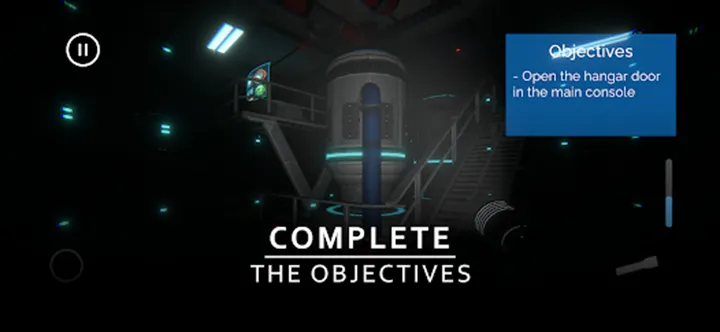
Conclusion
In 2025, the line between professional astronomy and personal stargazing has blurred. These 10 apps make the cosmos accessible, educational, and immersive. From AR star maps to VR simulations and real-time NASA feeds, they redefine how stargazers and science lovers connect with the universe.
Whether you’re gazing at constellations, tracking satellites, or walking through galaxies in VR, the future of astronomy is literally at your fingertips.

